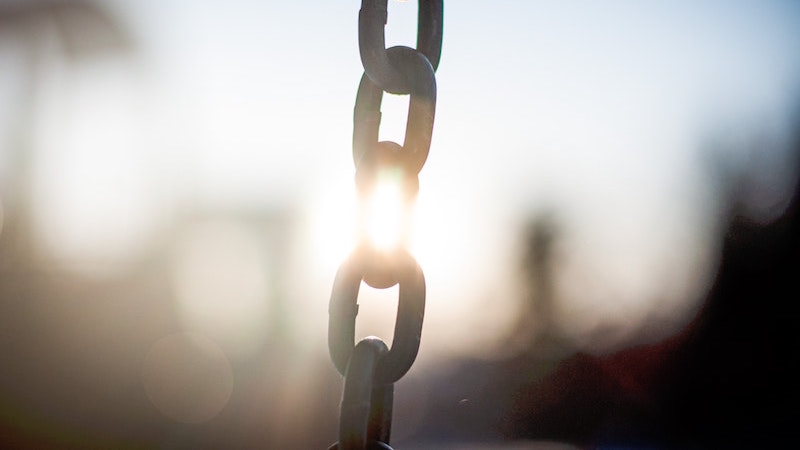Ancestral trauma #4 – Slave mentality
- 19 April 2020
- Posted by: Michael H Hallett
- Category: Ancestral trauma ,

In What is ancestral trauma? I describe the key psychological wounds that humanity suffered as a result of the drought, desertification and famine that gave rise to patriarchy. Here I want to focus on the fourth of these wounds: humanity’s unconscious slave mentality.
I’m not referring to modern slavery, nor to the millions of slaves that were taken from Africa and transported all over the world, creating a racial trauma that we’re only just beginning to recognise. I’m talking about the enslavement that took place back at the beginning of recorded history.
Slave mentality
If you look at the history of patriarchy, it’s a history of conquest—and perhaps more importantly—re-conquest.
In The Middle Sea, a history of the Mediterranean, John Julius Norwich describes a “constantly shifting kaleidoscope of kingdoms, principalities, duchies, republics and city-states”. That’s just Italy, never mind the rest of the Mediterranean or further afar. Each of these shifts involved conflict, loss, and some form of enslavement—whether physical, political, financial or sexual.
A cursory glance at the Old Testament tells us the Hebrews came out of captivity in Egypt, conquered Canaan to create the kingdoms of Judah and Israel, and were then conquered and enslaved by King Nebuchadnezzar of Babylon in the 6th century BC.
The same pattern of conquest and reconquest happened the whole world over. It’s extremely likely that someone, somewhere in all our genetic lines was a slave—or one of their ancestors was. The result is we’re all unconsciously carrying the dregs of a slave mentality that’s never been recognised, accepted and healed.
As a result of patriarchy, we’re all unconsciously carrying the dregs of a slave mentality that’s never been recognised, accepted and healed.
Being enslaved is perhaps the most crushing psychological blow a human being can receive. For men, it meant irremediable dishonour on the battlefield and literally being worked to death.
Herodotus
I wrote about the impact of enslavement on women in Does patriarchy traumatise the feminine?
Edwin Long’s monumental (10’ x 5’8”) painting shows women being sold into slavery. Herodotus describes the process in his Histories: “The auctioneer used to start with the most attractive girl there, and then, once she had fetched a good price and been bought, he would go on to auction the next most attractive one.”
Once all the desirable women had been auctioned, the state would pay men to take women, to ensure they were under male control. As men this may not seem relevant. Yet we have inherited the remains of this traumatised programming through our female genetic lines.
Can you see the origins of the feminine obsession with physical looks and makeup? How society has come to regard certain looks and body shapes as desirable, while others are undesirable? This is a modern manifestation of our ancient feminine slavery mentality.
Allegiance to other masters
While physical slavery is no longer legal, because of our unprocessed slave mentality we have transferred our allegiance to other masters, such as our nation (the willingness to not just die ‘For King and Country’ but to obliterate the whole world in the process) and more recently to the global market economy.
“The perfectly adjusted bomber pilot may be a greater threat to species survival than the hospitalized schizophrenic.”
— R.D. Laing
Why does 99% of the world’s population accept rule by the 1% who control the global economy? Why don’t we rebel like Spartacus and overthrow these financial slave-masters? Shouldn’t democracy let us create a more equitable, less stressful system?
In The Mass Psychology of Fascism, written in Berlin in 1932—and for which he had to flee Nazi Germany—psychoanalyst Wilhelm Reich observes: “It is ridiculous to contend that the psychopathic general was capable of oppressing seventy million people all by himself”. It makes no sense—until we realise that we all unconsciously accept our role as slaves. This is a modern drama with very ancient roots.
I’ve written more about this in The spine of patriarchy – lack of inner authority. Psychologist R.D. Laing describes the impact of this slave mentality as “conformity to a presence that is everywhere elsewhere”. It cannot be seen, heard, smelled, touched or tasted—yet it affects every moment of all our lives.
This presence is buried under a patina of unconscious shame that keeps humanity in a paradigm that while superficially promising freedom and satisfaction, ultimately keeps us emotionally and sexually in chains.
